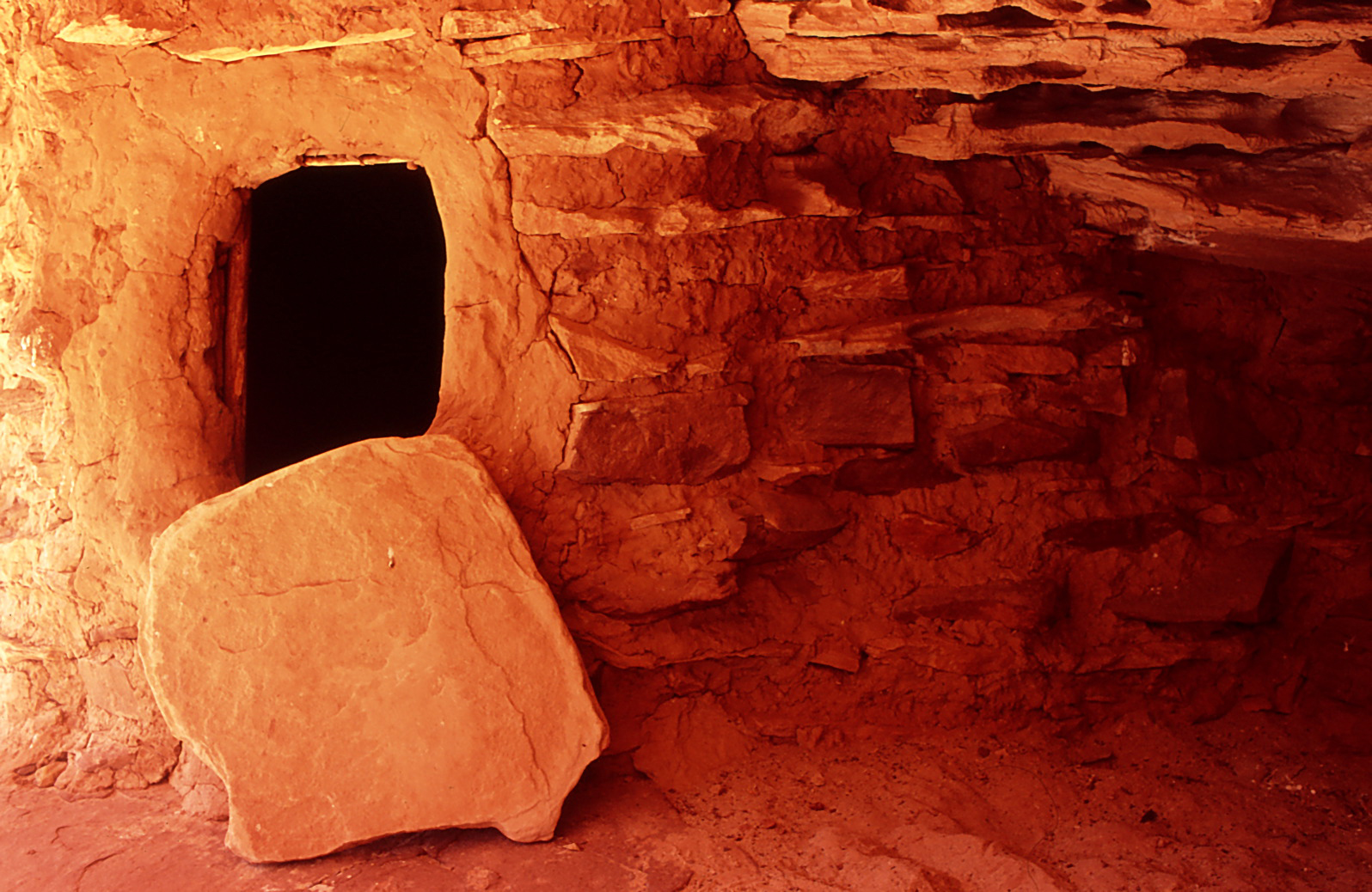
News: Monument reductions
The Trump administration will reduce the size of two national monuments in Utah. The Department of Interior said in a press release that Bears Ears National Monument, created by the Obama administration, and Grand Staircase-Escalante National Monument, created by the Clinton administration, both face reductions.
“The Antiquities Act does not give the Federal Government unlimited power to lock up millions of acres of land and water, and it’s time we ended this abusive practice. Public lands will once again be for public use,” Trump said in a statement.
Conservationists expected the move and the Washington Post reported that conservationists have already filed lawsuits to contest the reduction in court.
A coalition of five tribes, including the Navajo and Hopi, has also filed suit.
The Navajo Nation recently rejected a proposal to build a gondola ride in Grand Canyon. Had that proposal gone forward, the Hopi likely would have sued the Navajo Nation. The tribes have been united on this issue, however. Bears Ears is the ancestral home of a number of Southwest tribes.
“By acting on Secretary Zinke’s thoughtful recommendations, President Trump has restored balance to our public lands discussion,” Governor Gary Herbert of Utah said in the DOI press release.
Herbert has already riled the outdoor industry with his position on public lands.
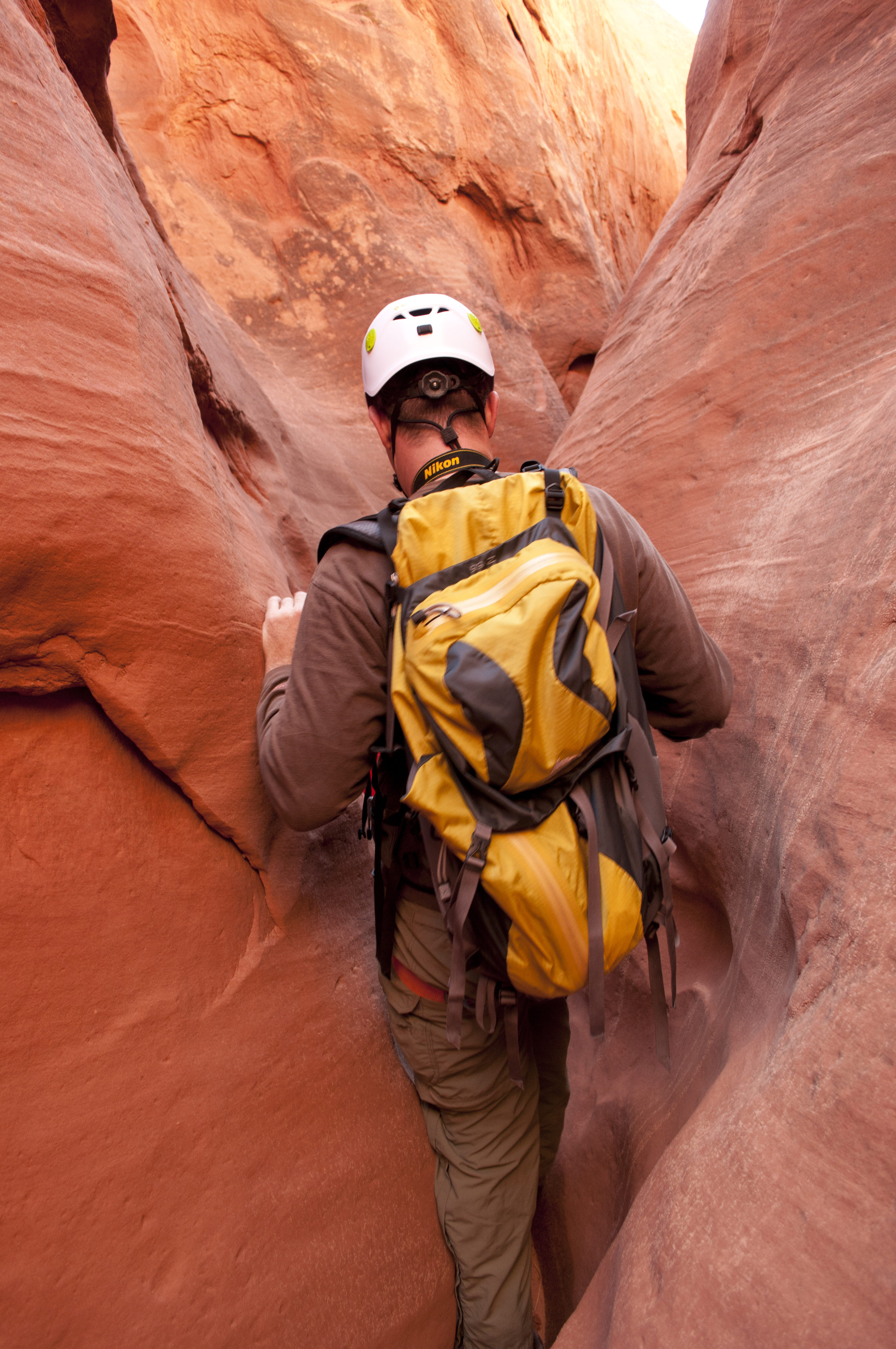
News: Outdoor show pulls out of Utah
The Outdoor Retailer show is looking for a new home.
The show, one of the largest of its kind in the world, features outdoor industry giants such as REI, North Face, Patagonia and Black Diamond. For months, the manufacturers have pressured Utah to soften its stance on public lands. Last week, the show announced it will pull out of Salt Lake City, media outlets reported.
It is not clear where the show will relocate, but reports indicate that Colorado will apply for the job.
In 2012, the Utah legislator passed legislation that would transfer federal lands to the state. Governor Gary Herbert signed the bill.
Arizona has proposed, but did not pass, similar legislation.
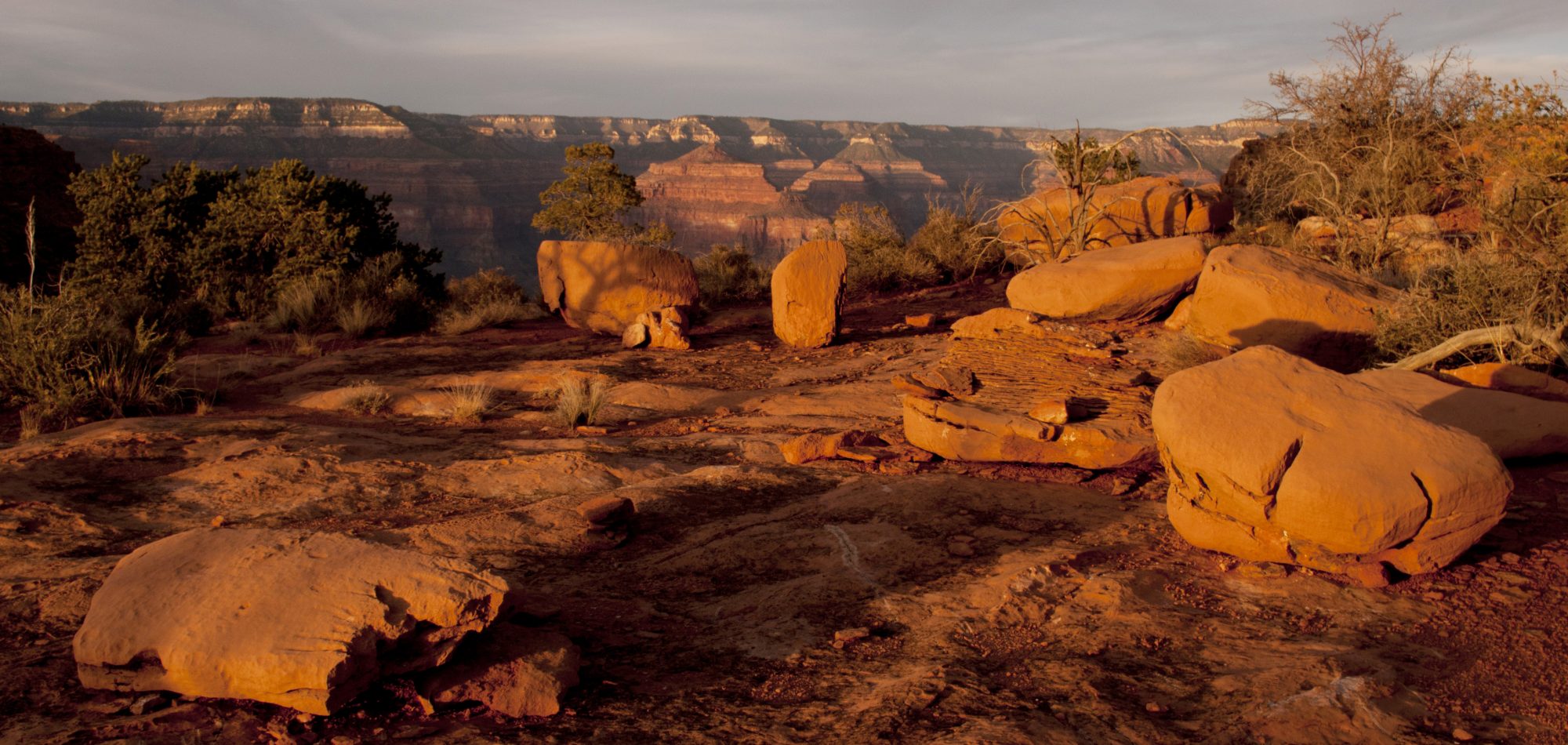
Now this: Developer shows displeasure with Navajo Council
The battle over a proposed gondola ride into Grand Canyon ended with the project’s developer giving the Navajo Nation Council a one-finger salute.
Council member Nate Brown videotaped the not-so-subtle gesture after the votes were counted and meeting was breaking up. Scottsdale businessman Lamar Whitmer can be seen scratching his ear with his middle finger as he left the room.
The council voted 16-2 against the proposal, which would have required the Navajo to put up $65 million to get the project started.
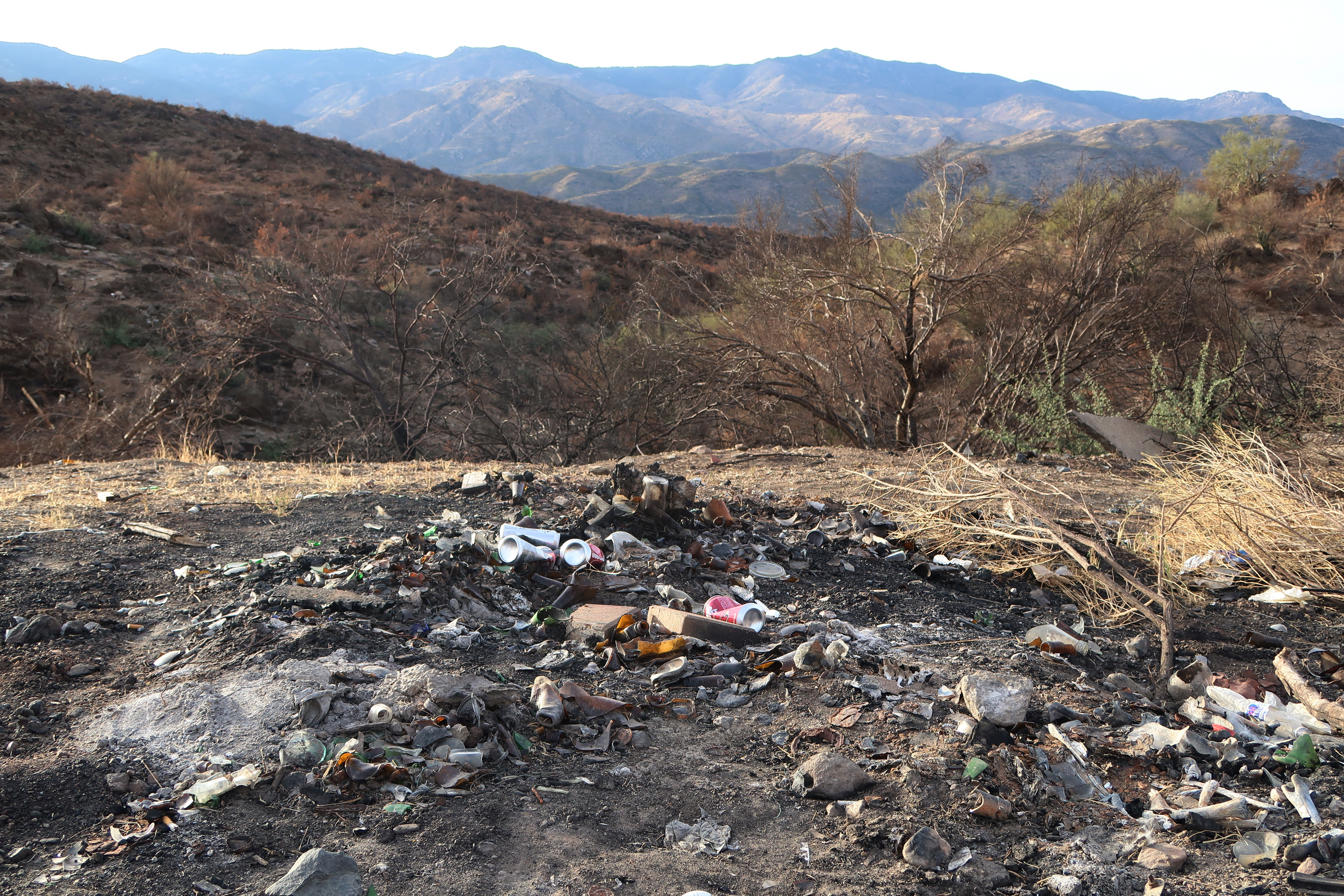
Trash: A rant
I’m tired. Tired of trash on trails, bottles in campfire rings, toilet paper flapping in the trees. I’m tired of finding food in campsites, in bear country. I’m tired of finding smoldering fires, in spite of the hundreds of warnings that spell it out: Put your fire out cold. No coals. No embers. No smoke.
I’m sick of plastic bags everywhere, from the highway to the backcountry.
I used to be angry when I came across a campsite that had been trashed. But sometimes I feel nothing. Apathy sets in: This is normal. It’s what people do. Some people. I’ll stop there.
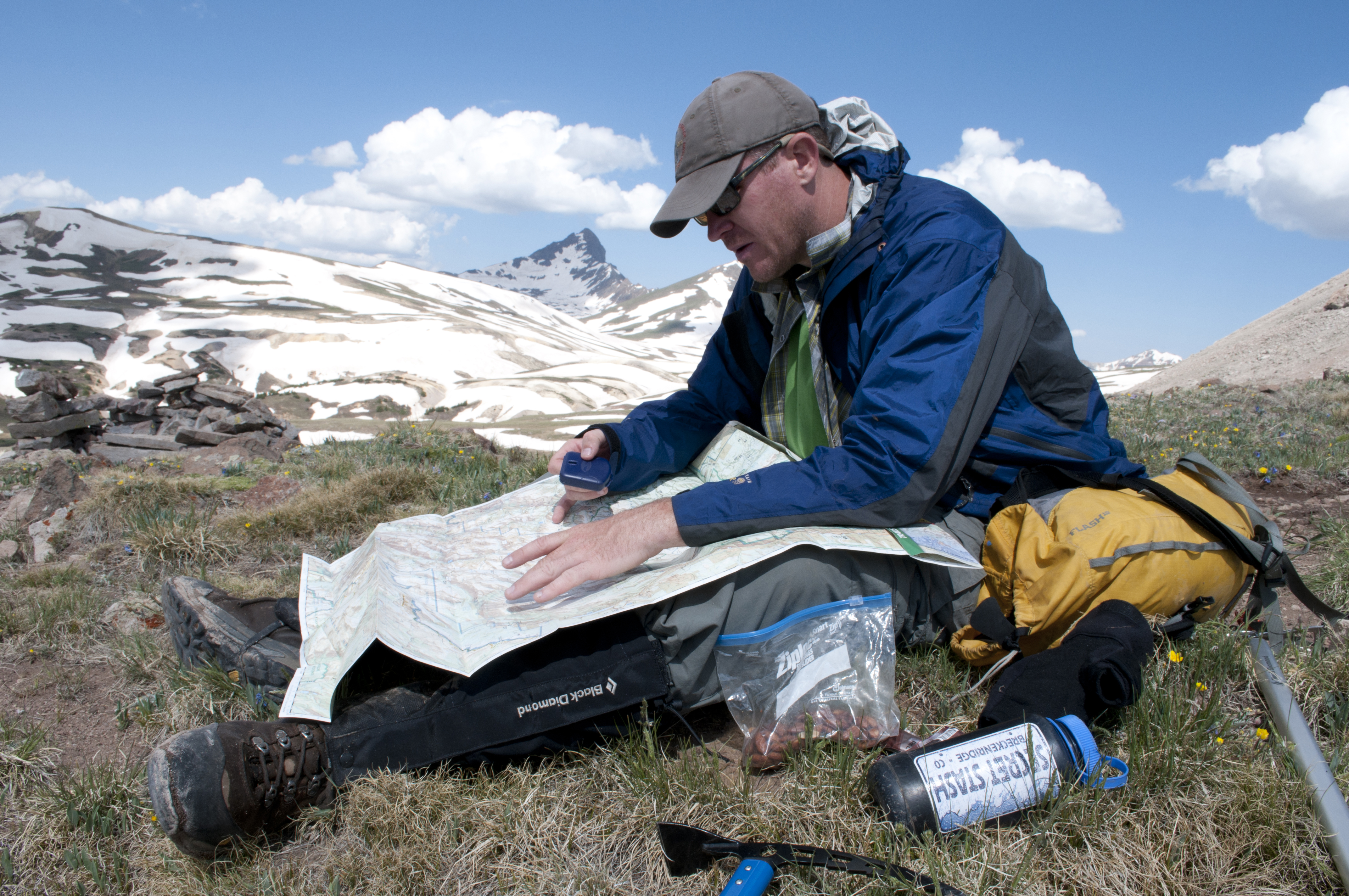
Essay: Getting lost
Getting lost is a dying art. Trail signs, GPS, cellphones, satellite phones, SPOT devices, and crowded trails make it hard to really get away, and it’s getting harder. Doug Peacock, author of Walking It Off, once told Outside magazine that “the opportunity to get lost on today’s planet is a privilege.”
I don’t think he was advocating doing anything foolish. He was talking about letting go. He was talking about taking the time to absorb your surroundings, to stop thinking about the stock market, your girlfriend, boyfriend, boss, or bank account. He was talking about becoming part of the landscape, about forgetting the troubles of day-to-day life, about spending days in the wild and leaving the GPS behind. He was not talking about navigation. He was talking about how we relate to wilderness.
Most people don’t know how to get lost because they don’t know how to stay found. All you need to stay found are a map, compass and some experience using them. In the Southwest, you can die of thirst or drowning, heat or cold – sometimes in the same place – so learning to navigate in wild places is important. How we find our way says something about us, whether we realize it or not.
So many of us don’t spend years learning outdoor skills, or places. We don’t return to an area until the map is etched into the cerebrum. Most of us consult guidebooks or web sites, shove a cell phone or a GPS into a daypack and hit the trail for a few hours. You can see the results of this culture shift in Search and Rescue reports. The kids are getting lost. The grownups are getting lost. They are not a little turned around, or slightly off route, late for dinner or driving home in the dark. They are not laughing about it on the way back to the truck. They are seriously messed up.
Search and Rescue teams rush to the aid of lost hikers, get them warm, give them water, then ask a few questions.
Show me on your map. Where did you lose your way?
“Well, none of them have a map,” said David Bremson, of the Central Arizona Mountain Rescue Association. They have cell phones, which do not work in the backcountry. “People are becoming more and more isolated from the outdoors because of the amount of time they spend indoors.”
Search and Rescue sees a lot of experienced wilderness travelers who know what they’re doing but have some bad luck. They turn an ankle or break a leg, and need help getting out. There is nothing wrong with this. But more and more, I hear about calls that reflect a society out of touch with the wild.
Those who can navigate reasonably well in the backcountry rarely use the word lost. They talk about getting off route or getting turned around. Anyone who spends a lot of time outdoors will eventually do this. It’s inevitable in places without mile markers, signs or cell service. Everybody gets off route occasionally. What matters is how you respond. The trails do not matter, the miles do not matter, goals do not matter. What matters is that you have water at the end of the day. What matters is that you stay safe, stay found, know your limits. I’m not sure these lessons always get through when we place so much emphasis on distance, bucket lists, thrills, views.
There’s a list of essentials that experts say you should have in your pack. Bring them – even on day hikes. Especially on day hikes. They weigh next to nothing and can save your life. They are (depending on the weather) food, water, sun protection, knife, matches, map and compass, first-aid kit, rain gear, clothing, signal device, flashlight, water-purification method. Some recommend bringing shelter, even if it’s just a couple of trash bags. Others add duct tape, always good in a pinch. So is a bit of string or cord.
Add to the list experience and good judgment, Bremson said. I would also say bring your sense of humor. In some cases, they will amount to the same thing. A sense of humor will help you keep your cool when things get ugly. A sense of humor can mean the difference between having fun and merely logging miles. A sense of humor can help defuse a bad situation. A sense of humor will make you a better trail buddy and a better person.
Keeping your sense of humor doesn’t mean telling jokes when you should be paying attention – it can take just seconds to miss a turn. Signs are few and far between in the backcountry, so read them carefully. Examine your surroundings. Look up, down, back the way you came. Dormant synapses begin to fire again as something in your DNA comes to life. Learning to read a map is one thing. Learning to read the landscape is an entirely different skill.
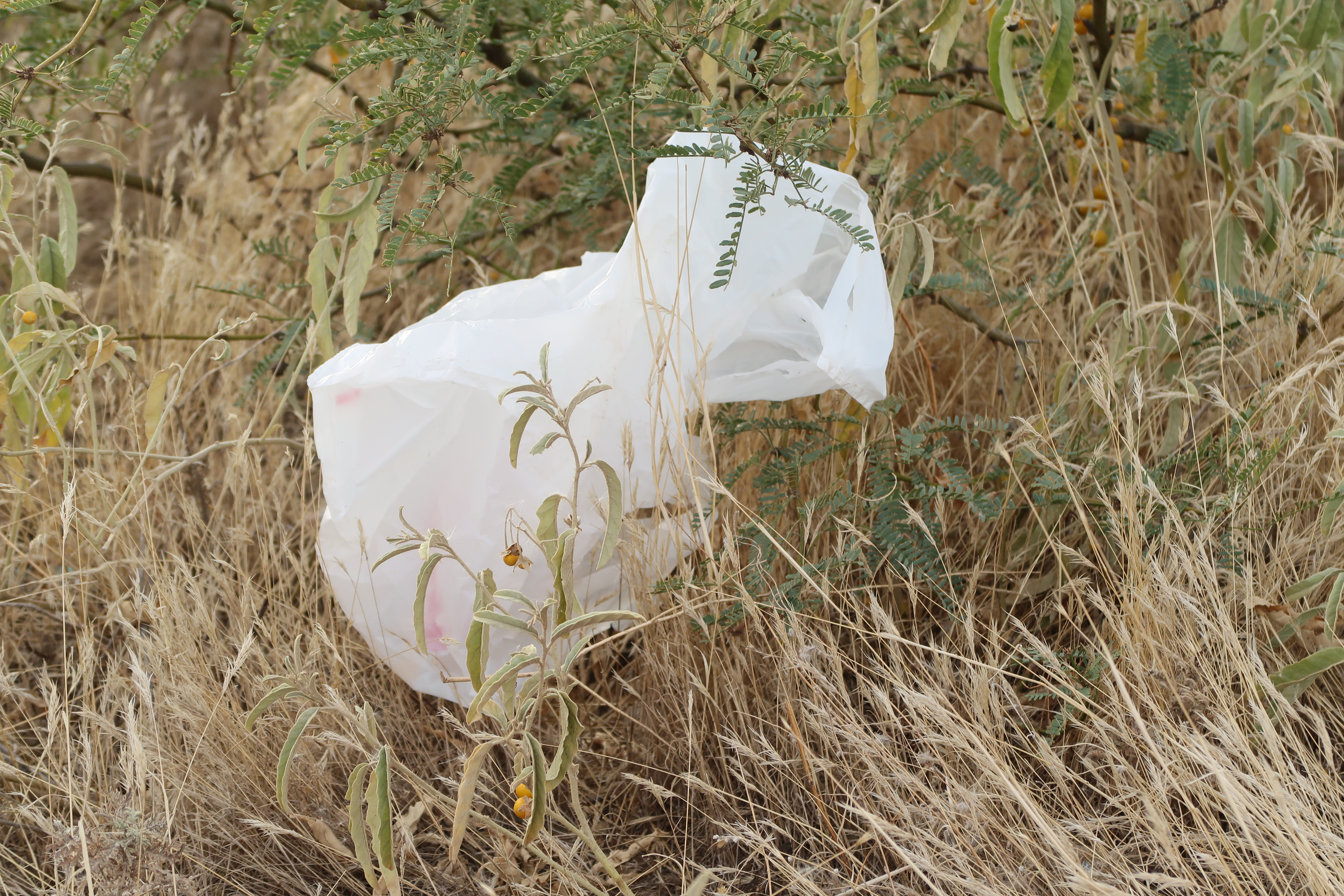
Now this: PAC supports state sovereignty
As the trash piles up in the backcountry, it piles up in our communities as well. Bisbee tried to get handle on that problem when it passed a local ban on plastic bags. But then the Arizona legislature made it illegal for cities to ban plastic bags.
The latest chapter came when Mesa Legislator Warren Petersen asked the Arizona Attorney General to rule on Bisbee’s ordinance. One wonders why a Mesa representative would care so much about Bisbee’s trash. State records show that Petersen received $4,200 from the Food Industry Political Action Committee.
The PAC lists a couple of major legislative accomplishments on its website:
– “Made regulating plastic bags, food containers, and auxiliary containers a matter of statewide concern, preventing local governments from adopting further rules.”
– “Ensured local government compliance with state law by reallocating state shared revenue of cities in violation of state law.”
5 thoughts on “The West”
Comments are closed.